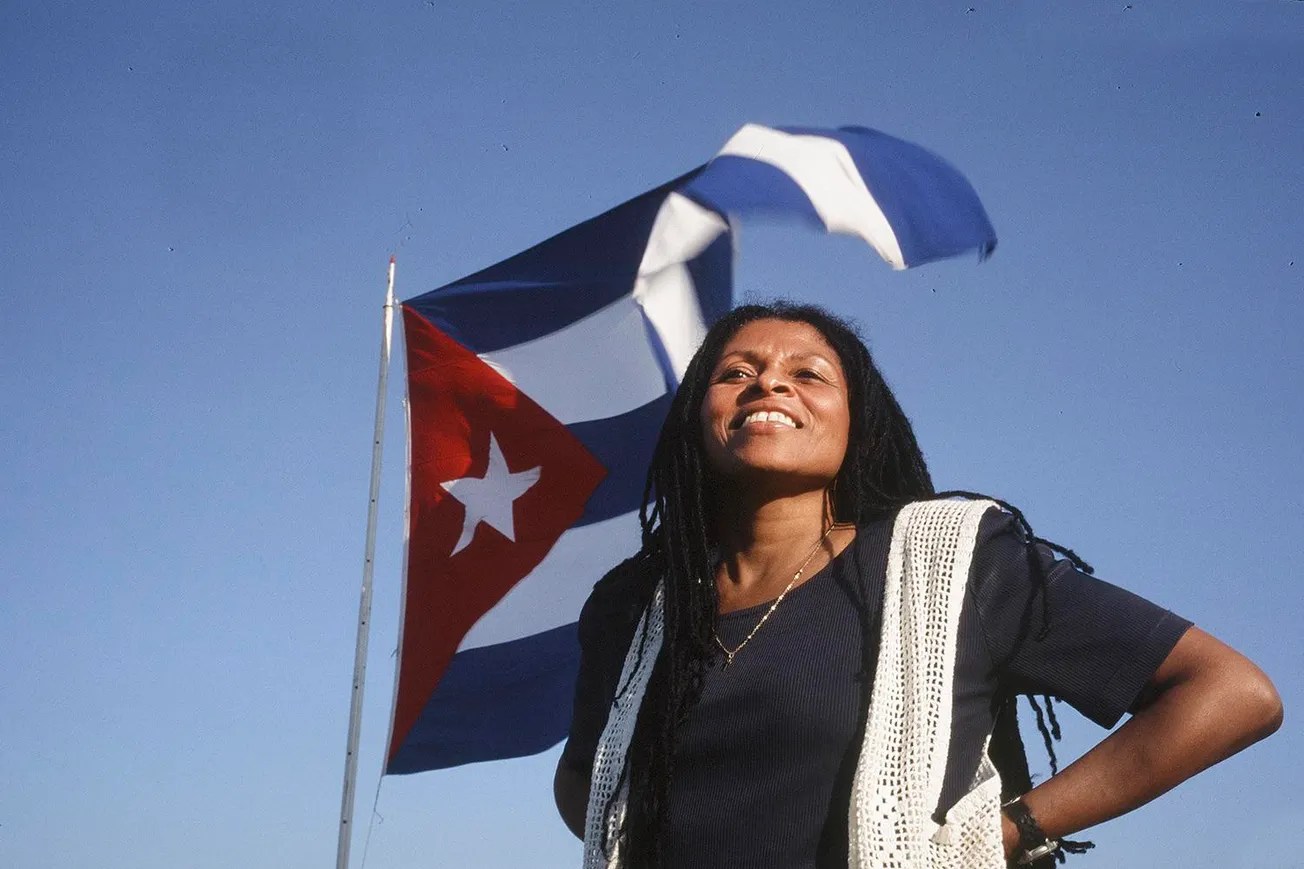
Assata Shakur’s words have never been just words — they are declarations, lessons, and survival songs carved out of struggle. As an activist, revolutionary, and writer, she has challenged systems of oppression while inspiring generations to imagine freedom beyond the confines of fear. Her voice, unapologetic and unyielding, continues to resonate decades later, reminding us that truth cannot be silenced.
In a world still wrestling with injustice, Shakur’s reflections remain urgent, powerful, and deeply human. Here are seven of Assata Shakur’s most powerful quotes — each one a window into her resilience, her vision, and her unwavering demand for liberation.
Assata Shakur on resilience and overcoming obstacles, in her poem Affirmations:
“I have been locked by the lawless. Handcuffed by the haters. Gagged by the greedy. And, if I know anything at all, it’s that a wall is just a wall and nothing more at all. It can be broken down.”
Assata Shakur on complacency and accepting oppression:
“People get used to anything. The less you think about your oppression, the more your tolerance for it grows. After a while, people just think oppression is the normal state of things. But to become free, you have to be acutely aware of being a slave.”
Assata Shakur on remaining hopeful while facing profound struggle and oppression, from her poem Affirmations:
“I believe in living. I believe in the spectrum of Beta days and Gamma people. I believe in sunshine. In windmills and waterfalls, tricycles and rocking chairs. And I believe that seeds grow into sprouts. And sprouts grow into trees. And trees grow into forests. I believe in the magic of the hands. And in the wisdom of the eyes. I believe in rain and tears. And in the blood of infinity.”
Assata Shakur on how Black revolutionaries are shaped by the politics, economics, and social circumstances of their environment, in her 1973 writing, “Free All Black Liberation Fighters”:
“Black revolutionaries do not drop from the moon. We are created by our conditions.”
Assata Shakur challenging the narrative that she was a criminal and terrorist, in Assata: An Autobiography:
“I am a Black revolutionary woman. I am not a victim. I am not a prisoner. I am not a fugitive. I am a freedom fighter.”
Assata Shakur on the U.S. systems that make material wealth more important than marginalized communities, in Assata and a 1973 letter from prison:
“The rulers of this country have always considered their property more important than our lives.”
Assata Shakur connecting her experiences as a Black revolutionary to that of a person who’s escaped chattel enslavement, in an open letter explaining why she fled the U.S. for political asylum in Cuba:
“My name is Assata Shakur, and I am a twentieth-century escaped slave.”



